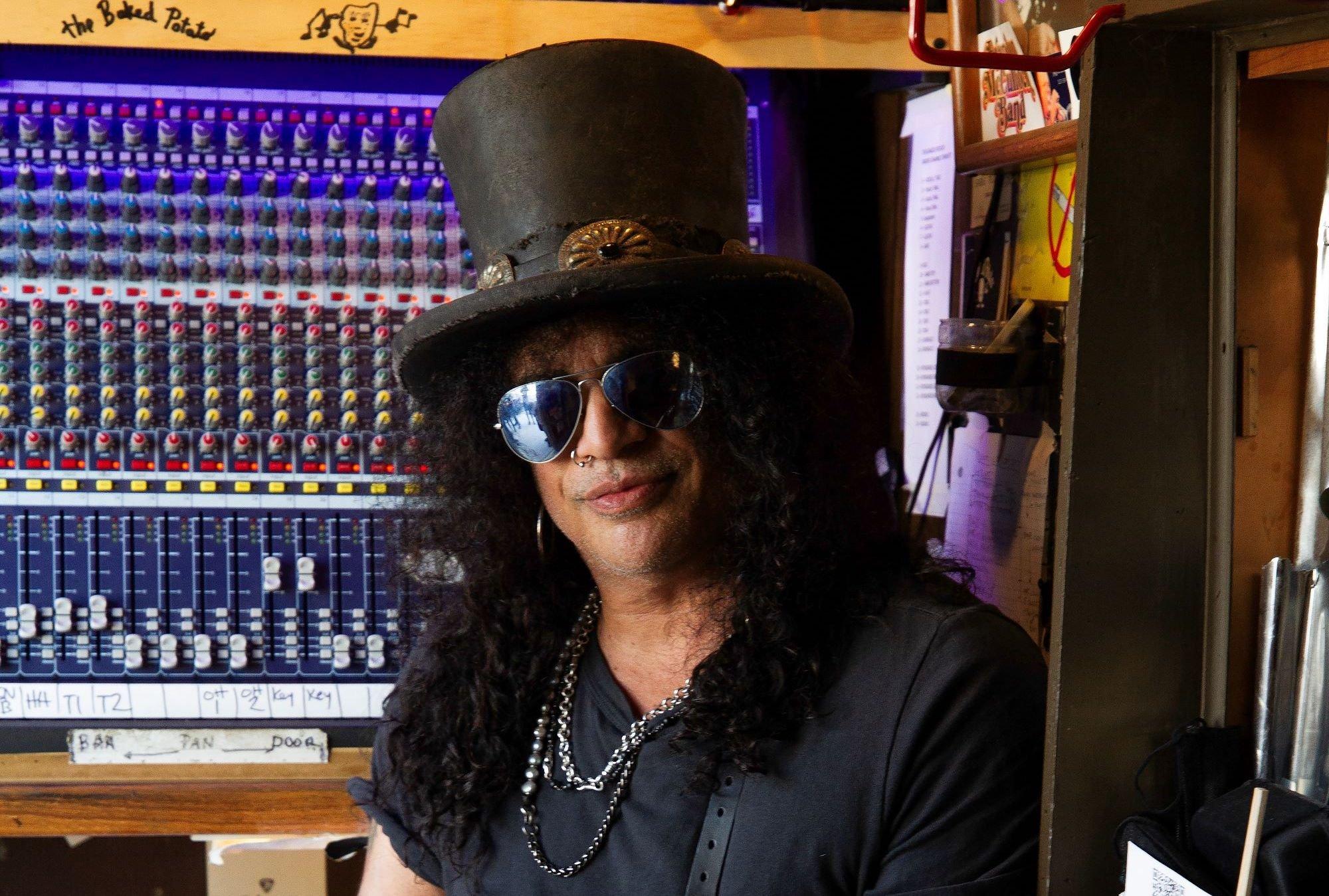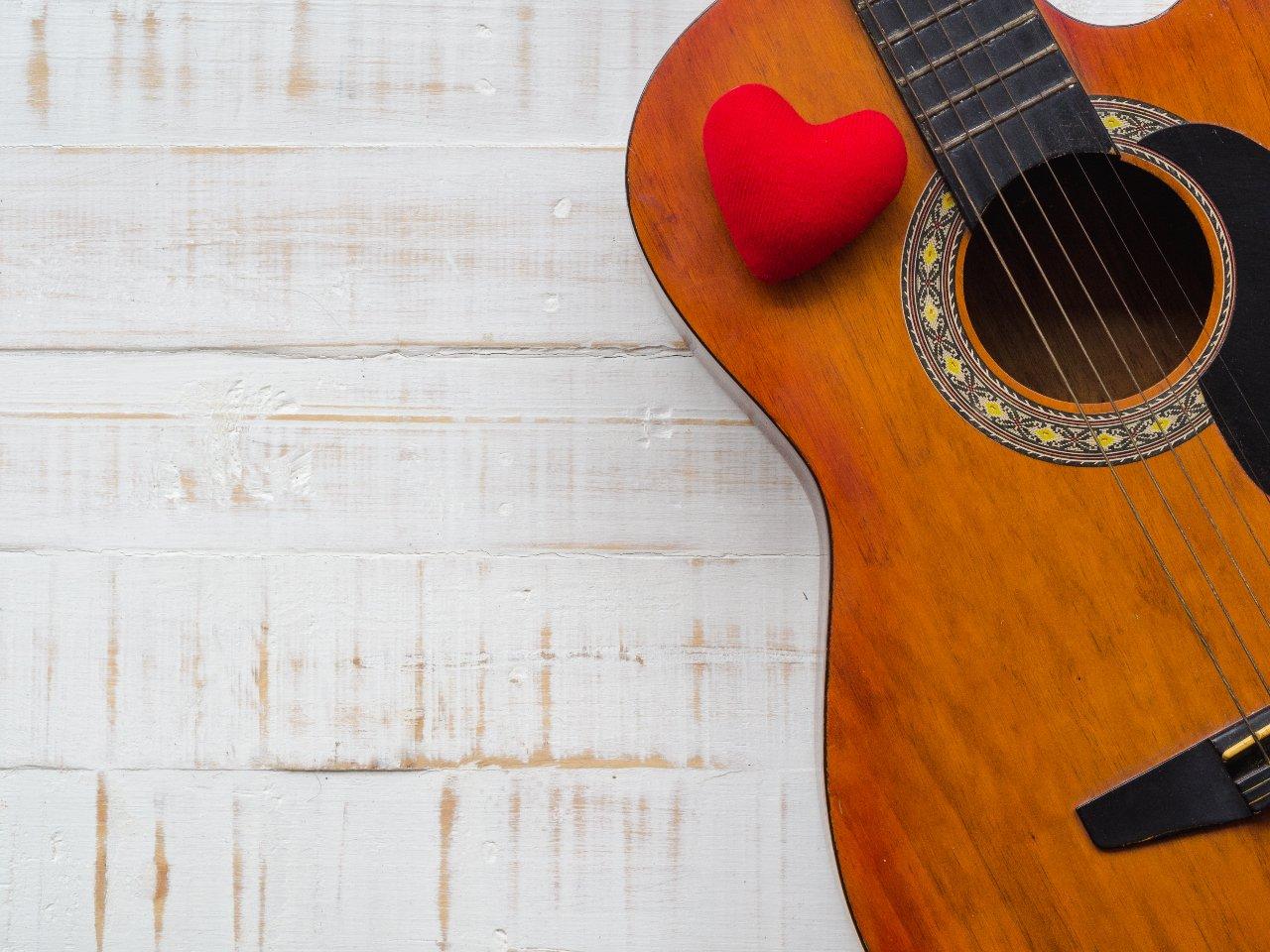Cherie Currie, former lead vocalist for the all-female rock band the Runaways, has been added to the lineup for the sixth annual MusiCares MAP Fund benefit concert celebrating women in recovery at Club Nokia in Los Angeles on May 7.
The event will also salute former first lady Betty Ford and the Betty Ford Center. Ford inspired many through her courage and strength by publicly revealing her personal struggles with addiction, and her work in establishing the Betty Ford Center. Susan Ford Bales, chair of the Betty Ford Center, will accept the MusiCares MAP Fund award on behalf of her mother.
Currie joins previously announced special performances by musician Jebin Bruni; former Kiss guitarist Ace Frehley; Charlotte Caffey and Kathy Valentine (the Go-Go's) with vocalist Annabella Lwin (Bow Wow Wow), bassist Leah Randi (Pink) and drummer Patty Schemel (Hole); Exene (X); Beth Hart with GRAMMY-winning guitarist Slash (Guns N' Roses, Velvet Revolver); musician Josh Klinghoffer; Corey Parks (Nashville Pussy) with GRAMMY-winning artist Lemmy Kilmister (Motörhead) and GRAMMY-winning drummer Matt Sorum (Guns N' Roses, Velvet Revolver); Linda Perry (4 Non Blondes) with Paul Ill (Alicia Keys, Courtney Love, Tina Turner), John Perry (Courtney Love, Linda Perry), Kellii Scott (Failure, Year Long Disaster), and Peter Thorn (Chris Cornell, Don Henley); the Donnas' Allison Robertson; and MC5 co-founder Wayne Kramer. Samantha Ronson will DJ live during dinner in memory of the late DJ AM, who DJed at the event last year. The evening will be hosted by comedian/singer Sarge.
The evening's focus on women in recovery is prompted in part by recent data — from the Department of Health and Human Services and the Department of Transportation, respectively — indicating that only 8 percent of women who have a problem with addiction seek help, and the number of women abusing alcohol, as indicated by related traffic arrests, has risen 28 percent over the past decade. Women facing addiction often encounter challenges that may be barriers to treatment — a woman may want to avoid the stigma associated with drug addiction and rehab and try to "treat herself" without help, or she may fear losing her children, losing her job, going to jail, or other repercussions. In addition, women may need assistance with childcare or medical attention if they are pregnant that many drug rehabilitation centers may not offer. As a result, MusiCares is focusing attention on the issue through this event and other future activities.
"When we looked at the troubling statistics about women and addiction and found that women, in general, are less likely to get the treatment they need, we recognized that our annual MusiCares MAP Fund benefit would be an ideal opportunity to draw attention to this important issue," said Neil Portnow, President/CEO of The Recording Academy and MusiCares. "Not only will this evening help generate critical resources for members of the music community who are struggling with addiction, but by honoring Betty Ford and her enduring commitment to recovery, we hope to shed light on the obstacles to treatment that women continue to encounter and the vital paths to recovery."
"In accepting this award you honor not only me, but all women and families who have taken a step toward recovery," said Ford. "I am proud of the women who have struggled with the disease of addiction, and have the courage and determination to help not only themselves but their families." Ford Bales said, "I know my mother is honored and even humbled by this award. I hope that it serves as motivation and a beacon of hope for other women and families to follow her example."
All proceeds will benefit the MusiCares MAP Fund, which provides members of the music community access to addiction recovery treatment and sober living resources. Over the past four years, the MusiCares MAP Fund has provided more than $3.1 million for addiction recovery treatment and sober living care for close to 1,000 clients. In addition, the MusiCares MAP Fund offers free aftercare group weekly meetings across the country.
To purchase tickets, click here.




